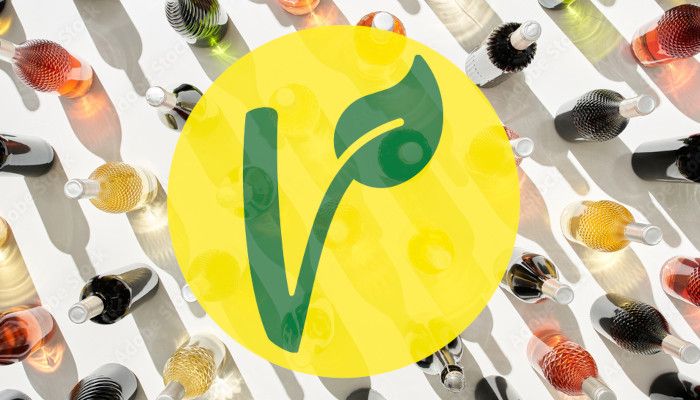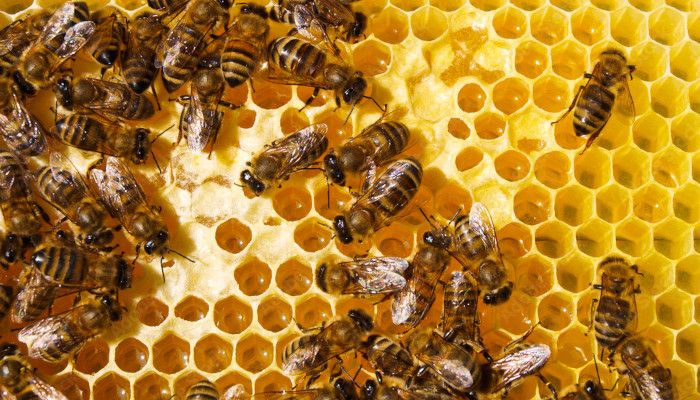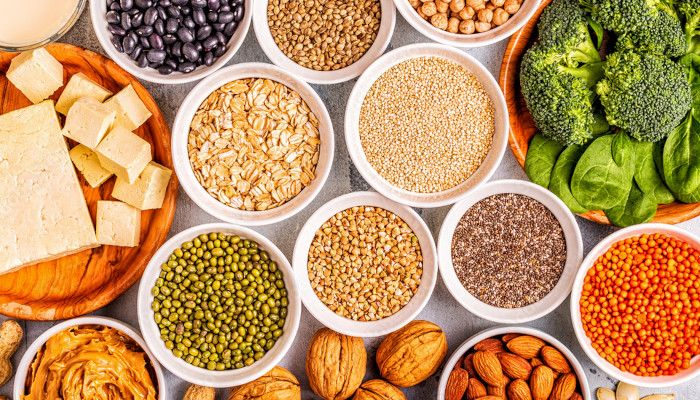What is a vegan wine?
Aren’t all wines vegan? What animal-based products are normally used in wine production? How do we know whether a wine is suitable for vegans? Are vegan wines organic? In the following article we answer these and other questions.

A vegan wine is produced in such a way that no animal-based products have been involved at all. Many consumers believe wine simply comes about from the interaction between the grape must and yeasts, and therefore animal products are not involved, yet that is far from the truth! Although nearly all wines are suitable for vegetarians, not all of them are right for vegans.

Why aren't all wines vegan?
The main problem for vegan consumers when it comes to buying a wine is the use of animal-based clarifying agents, such as egg albumin, isinglass or casein (obtained from milk), products which are used to remove small solid particles which wine may hold in suspension, thereby obtaining a wine that’s clean, transparent and more stable over time.
These clarifiers, which have traditionally been used for centuries, are giving way to mineral-based products like bentonite (a kind of clay) or plant-based ones, such as wheat or pea proteins. In some cases too, winemakers simply leave the particles to float downwards naturally and collect at the bottom of the wine during the cold weather.
Other animal products utilised in wine production include beeswax, used for sealing bottles, and agglomerated cork stoppers, which use milk-based adhesives.
However, it’s not all bad news for vegans: in reality, there are plenty of wines suitable for them, and with vegan numbers on the increase, ever more wine producers have started to state on their bottles which ones are suitable for this particular group. It’s a matter of waiting for regulations in Europe and the United States that would require wineries to include clarifying agents on labels before consumers can be absolutely reassured.
What labels certify that a wine is vegan?

A private institution, the European Vegetarian Union, is the one which supplies the most commonly-found certification for vegan wine. This label, with the stem of a plant in the shape of a V on a yellow background, guarantees that no product with any connection to animals has been used and that either the wine has not been clarified or else has been by making use of a substance that’s vegetable or mineral in origin.

In parallel, there’s the Vegan trademark, an international endorsement originating in Britain, supported by The Vegan Society since 1990; it operates as a sworn statement signed by those running a winery, whereby they guarantee that animal derivatives have not been used. At present, more than 60,000 products throughout the world carry this highly-regarded mark, including clothing, cosmetics, household articles and naturally food and drink.

Another certification body for vegan wine is Sir Vegan. Also a private company and created by CCL Certification, it specialises in certifying food products and is known for applying rigorous standards.
How do you know if a wine is suitable for vegans and vegetarians?
There’s no specific label for vegetarian wines and neither is it obligatory to specify on the label the type of clarifying agent used in producing wine, which means that the simplest way of finding a wine suitable for vegetarians to drink is to look for the vegan sign on bottles or be guided by lists provided by trusted shops and outlets, which have confirmed with producers or distributors that no animal-based item has been used in producing their wines. Vinissimus offers a comprehensive list of wines suitable for vegans.
Are vegan wines organic?
Although it’s not unusual to find labels indicating organic and vegan wines alongside each other, it’s worth noting that a vegan wine is not necessarily an organic product and that wines found in one category don’t automatically fit into another. It’s important to remember that an organic wine complies with a series of measures in support of the environment both in the vineyard and the winery, going far beyond the utilisation of certain clarifiers.
Is any type of wine always suitable for vegans?
No, there isn’t a wine that can generally be considered appropriate for vegans. The use or non-use of animal-based clarifiers is a decision made by each winery and doesn’t relate to any particular wine type, but rather to an individual commitment to reach out to a certain group of consumers. It’s true to say that when looking in the sections of organic wines or natural wines, there’s more likelihood of finding vegan-friendly wines.

With which wines can we pair vegan food?
Firstly, it’s important to bear in mind the actual principles of pairing up which we’d apply to any combination of animal products and wine. We need to consider the acidity and bitterness of them both, the dryness and body. The intensity of the food and wine should be similar so that a balance between them is achieved; we also have to think about the cooking (steaming vegetables is different from frying), to the time of year (cold weather seems to call for more intense wines) or to sauces and accompaniments.
Herbs and spices
Herbs and spices can have a definite impact on the overall final dish, and therefore on the wine. When we use herbs in cooking, it’s best not to overdo the tannins, as this could create an increased sensation of dryness; depending on how substantial or rich the dish is, we might opt for reds low in tannins or for unoaked whites.
It’s a similar story with spices, because the dish increases in intensity when they’re used, so we tend to look at rather more robust wines: spices and oak-ageing usually pair up well, and therefore if we choose a red, a Syrah with spicy notes from time spent in barrel would be a possible option. Whereas if the dish called for a white wine, we’d do well to select a refreshing one, and the Indian food / Pinot Grigio pairing usually proves a great success.
Pulses
Pulses or seitan can often take on the role of meat in a vegan menu, meaning a red wine is called for. Frying or grilling can also lead to the same conclusion. Grilled aubergines or seitan stew will work wonderfully well with medium-bodied reds such as a Chianti Classico or a Merlot.
Hot spice
Hot spicy food loves Riesling, and also matches up with off-dry wines which have a touch of sweetness to tone down the spiciness. Foods with earthy or damp aromas such as mushrooms get on famously with Pinot Noir, whereas rosé wines, so often pushed aside in pairings, can save the situation on numerous occasions, as for example, accompanying any rice and vegetable dish.
Acidity, artichokes and asparagus
If a sauce contains acidic tomatoes, we ought to find a red wine that also has a certain amount of acidity. Italy provides us with very many options. As for the unfairly-called wine enemies, like artichokes and asparagus, it’s best to choose a sherry, such as an Amontillado.
Bitterness and sweetness
Bitterness is usually an added difficulty in a lot of cuisine and avoidance in the wine is the best way of counteracting it; we should choose a low-tannin wine to take the edge off any bitter taste in the dish.
If, on the other hand, the dish is sweet, it’s always best to serve a slightly sweeter wine, and a combination of nut ice cream with a glass of Pedro Ximenez is a perfect example.
Salt
Saltiness is great with fresh and fruity wines: try some nachos with a Sauvignon Blanc, whereas the umami in a lot of Japanese cooking matches up wonderfully with the creaminess of whites matured on their lees.
A few pairings already tried and tested are: avocado and Sauvignon Blanc, Indian cooking and Spätlese Riesling, or Japanese cuisine with an Austrian white Grüner Veltliner. Pasta served with a tomato sauce deserves an Italian wine, perhaps a Chianti Classico; Thai food goes well with a fruity Alsace Gewürztraminer, and wild mushrooms pair nicely with a fine Barolo.